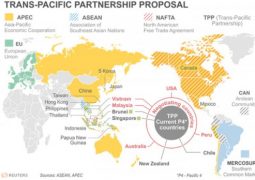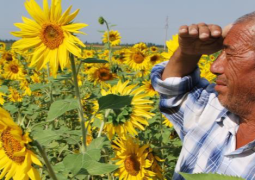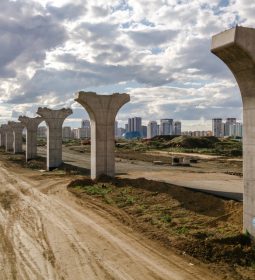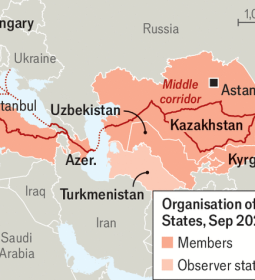China says World Bank report ‘clarifies truth’ on Xinjiang programmes
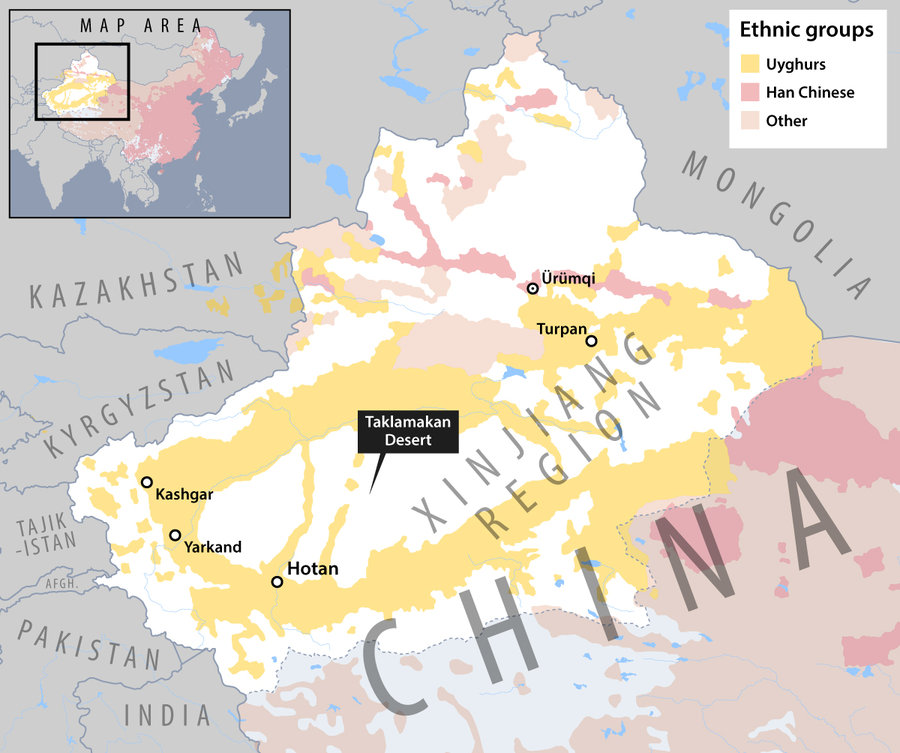
China responded on Tuesday to a decision by the World Bank to reduce funding for vocational training centres in the troubled western region of Xinjiang, by saying the bank’s review of its projects had “clarified the truth”.
The World Bank said on Monday that it will close a project involving five partner schools that were part of a $50 million loan programme following allegations that they were linked to detention camps that target ethnic minorities.
It said that a review conducted by senior managers did not substantiate the allegations, but that “in light of associated risks” with the schools which are “difficult to monitor”, it would shutter the partnerships.
China’s Foreign Ministry said changes to the programme were made in consultation with the Chinese side, and were made for practical reasons.
“The report shows there are no so-called issues such as those hyped-up by the foreign media, and that the programmes are in accordance with the World Bank’s policy,” Foreign Ministry spokesman Geng Shuang told a regular press briefing on Tuesday.
“The World Bank has also consulted China on this. We agreed to implement the practical adjustments as soon as possible,” he said.
The World Bank statement released on Monday said the organisation had immediately ceased payments after receiving the allegations in August, and that the remainder of its projects in Xinjiang will be placed under “enhanced supervision”.
United Nations experts and activists say at least 1 million Uighurs, and members of other largely Muslim minority groups, have been detained in camps in the remote Xinjiang region, drawing widespread condemnation in major Western capitals.
Dozens of countries, spear-headed by the United States, have condemned the camps at the U.N., calling them a “horrific campaign of oppression”.
Beijing denies any mistreatment of the Uighurs or others in Xinjiang, saying it is provide vocational training to help stamp out Islamic extremism and separatism and teach new work skills.
China has blamed attacks in which hundreds have died in recent years in Xinjiang, strategically located on the borders of Central Asia, on separatists and Islamist groups.
Reporting by Cate Cadell; Editing by Simon Cameron-Moore
- Previous Jordan to go ahead with Red Sea-Dead Sea project despite Israel’s withdrawal threat
- Next 300 Daesh Members Surrender To Afghan Forces





